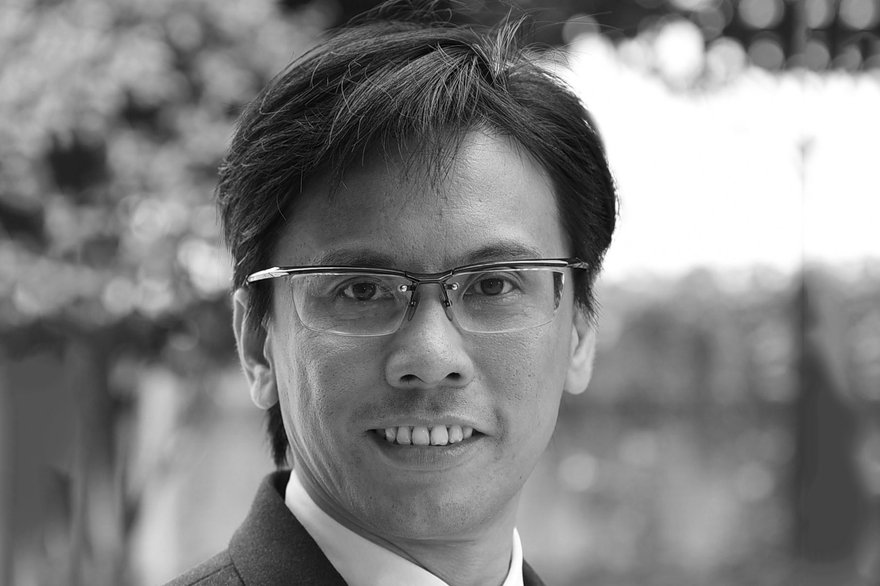Often dubbed the “Central Nervous System” of a city, data centers handle large amounts of data for individuals and various institutions. Today, the confluence of social, mobile cloud and big data has allowed us to witness various massive and disruptive changes impacting data centers and IT operations. Singapore has also undergone much of this technological advancement.
Since the 1990s, the bulk of Singapore’s development efforts have been geared towards technology. In the realm of things, Singapore currently accounts for approximately 60 per cent of the data center capacity in Southeast Asia and the sector is set to grow on the back of increasing demand across Asia Pacific. An integral portion of the value chain of the city-state, and one that is aligned with the push for Smart Nation, the growth of data centers as critical facilities is expected to be a positive one.
A: Arrival of more multinational companies
Singapore’s prime location in the heart of Southeast Asia, combined with our strong institutions and physical infrastructure has entrenched our position as one of the best places in the region to do business. Our comparative advantage in location has established the country as one of the key hubs for multinational companies (MNCs), who regards the country as a clear stepping stone to expand to their key markets in Asia.
As these firms leverage on the excellent infrastructure within Singapore, this also translates into increased demands for modern IT. Undoubtedly, data centers will need to support more users with more devices, more applications, and with the likelihood of increased content consumption. What then does it mean for data centers here and beyond?
As more companies turn to cloud computing, more data centers will also have to be built. With the perpetuation of BYOD and mobility, one of the things that will drive data centers is the delivery of content closer to the user. For best latencies, organizations and cloud service providers will want to situate their servers in close proximity to the users, and this means more “points of presence” as part of data center growth. In other words, more data center gateways in more places to support user devices in more places.
Inevitably, this drives the growth of data centers, as well as colocation, a noteworthy topic in the data center conversation especially in land scarce Singapore.
B: Business consolidation
The growth of data centers is also brought about by the mergers and acquisitions (M&A) in the region. Over the years, we have seen various M&A deals globally, notably within the healthcare and financial sector.
More often than not, these organizations already have multiple data centers, and with an acquisition, new data centers are brought into the network. Leaving the existing infrastructure operational becomes an easy way out so that these data centers can continue to serve the target company’s systems and processes. As a result, most organizations find themselves with more data centers than they necessarily need.
However, owning data centers involve a significant strain on organizations’ IT budgets. From hardware maintenance to accounting for cooling and energy use, these factors can add up very quickly, especially with the explosion of data and storage needs in recent years.
While the increase in M&A activity propels growth in data centers, it also provides a basis for discussions about data center consolidation as organizations seek greater cost-efficiency and business agility. In fact, the very same drivers are encouraging a move to outsourcing and virtualization.
C: Compliance and regulatory standards
In Singapore, the Monetary Authority of Singapore (MAS) actively ensures that FSIs understand security threats posed to their businesses and identify any operational weaknesses so as to determine the appropriate protection measures necessary. The MAS expects financial institutions to perform a Threat and Vulnerability Risk Assessment (TVRA) on data centers in both Singapore and overseas, as long as the latter supports the financial institution’s Singapore operations.
According to the 2015 banking tech trends by CDW’s FinTalk blog, 68 per cent of banking executives consider regulatory compliance to be their biggest business concern. Compliance and adherence to in-country regulatory standards can therefore be seen confidence boosters to enterprises when they decide on their data center service providers. Of course, this is in addition to a sound assessment plan drawn up by in-country governments i.e. MAS.
While this might not directly translate into an upward trend for data center growth, the peace of mind that comes with storage of data in Singapore allows the Republic to remain one of the top destinations for enterprises to house their data, even if it involves slightly higher costs compared to its neighboring countries.
Greener IT and more efficient data centers
Today, we are seeing carbon footprints and operational expenses skyrocket. Businesses in Asia are aware of the increasingly stringent regulations of carbon emissions, and are seeking ways to reduce their power consumption as a part to ensure a more sustainable business. Evidently, the factors highlighted have led to a phenomenal growth of data centers over the last decade. But, with the focus on sustainability and green IT moving forward, how will it change the data center and colocation industry?
Unsurprisingly, data center operators and service providers are turning towards renewable energy – including wind, solar, hydro, wave/current, and hydrothermal resources. Fuel cells – including Bloom Energy – translate into cost efficiencies and lower carbon footprints. Another advancement is energy conservation hardware from improved server efficiency and density. Modular infrastructures will also contribute to this trend. Given these advancements, many experts believe – by 2025 — it will require less energy to produce the same level of computing performance.
While that remains to be seen, fortunately for now in Singapore, the push for Smart Nation is expected to cater to these developments in the near future. With the country seen as a fairly early adopter in technology and other related digital areas, it is plausible that Singapore will take the lead in transforming the data center and colocation industry in the region.
Kevin Wee is director of colocation business, Asia Pacific at CenturyLink



